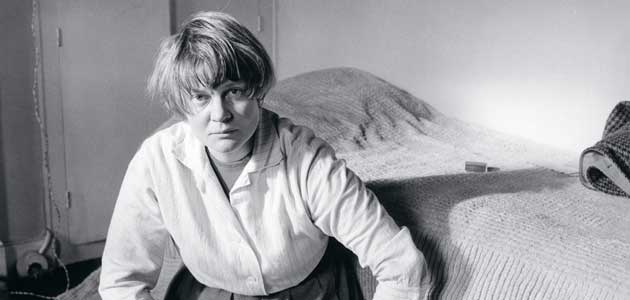Seeing Iris, part four: Jonathan Wooding has more on a profound Quakerly thinker
‘She demonstrates (prophetically!) the Quaker position for the twenty-first century.’

In her 1987 novel, The Book and the Brotherhood, one of Iris Murdoch’s characters, Jenkin, finds himself playing the waiting game, anticipating change, though ‘in some way he could not yet determine’. He’s not ‘going over to God’ in any conventional way, no, but nevertheless something is dawning upon him. Our narrator employs a significant metaphor in conveying Jenkin’s state of mind: ‘It was as if some large white blankness were opening before him, not a dead soiled white like the Berlin Wall, but a radiant live space like a white cloud.’ Let’s remember that in the mid-1980s that dead soiled white wall was very much still operational, and the communism (which Murdoch once espoused) very much in charge, happily abolishing the radiant live space of God.
You need to login to read subscriber-only content and/or comment on articles.
